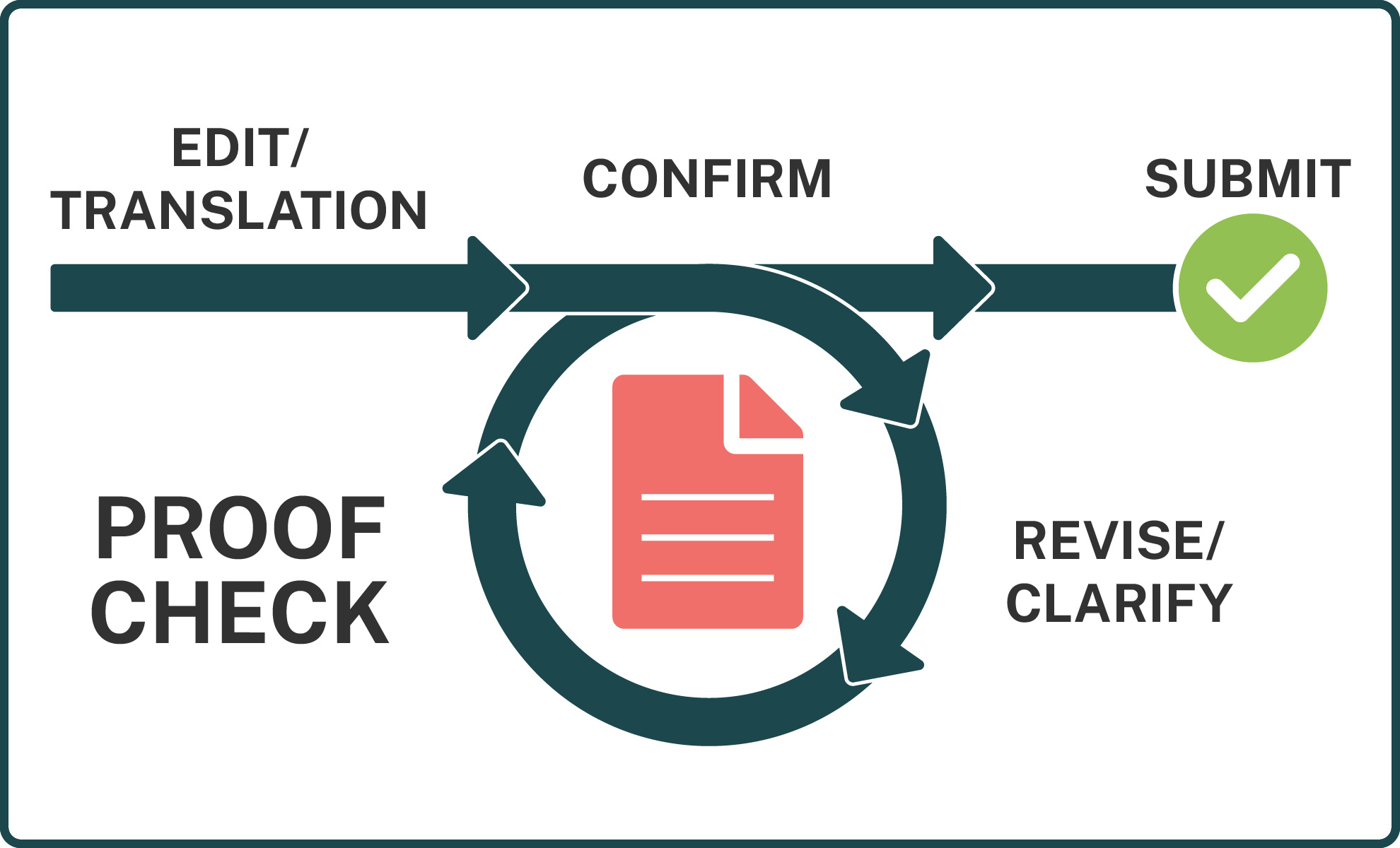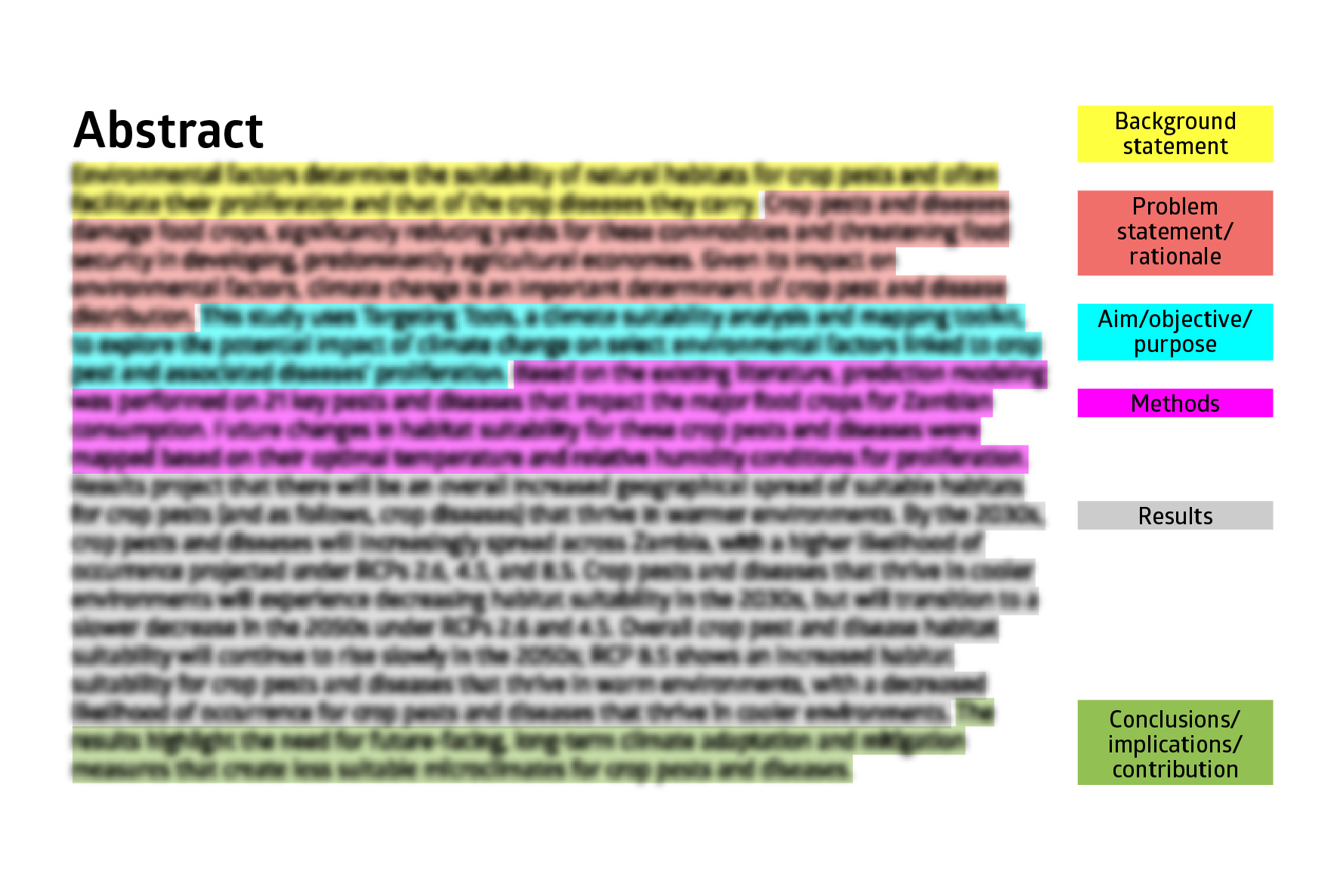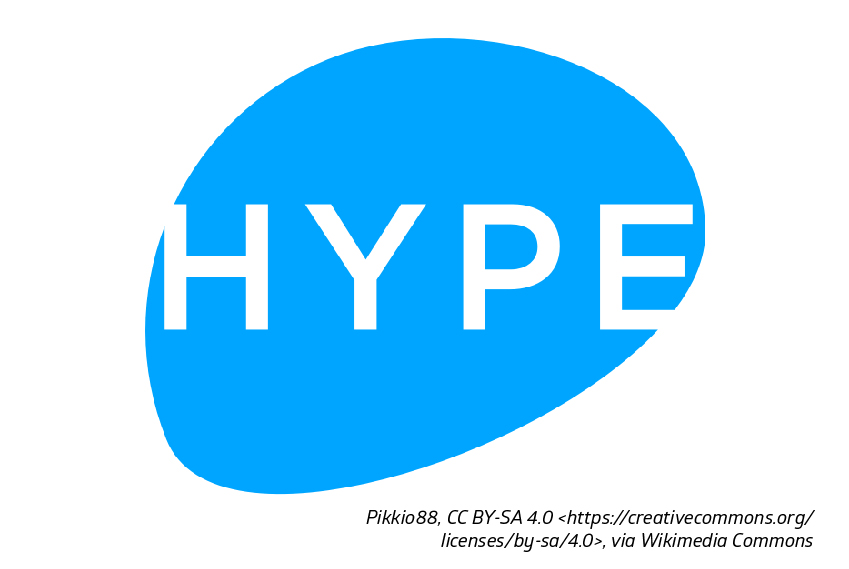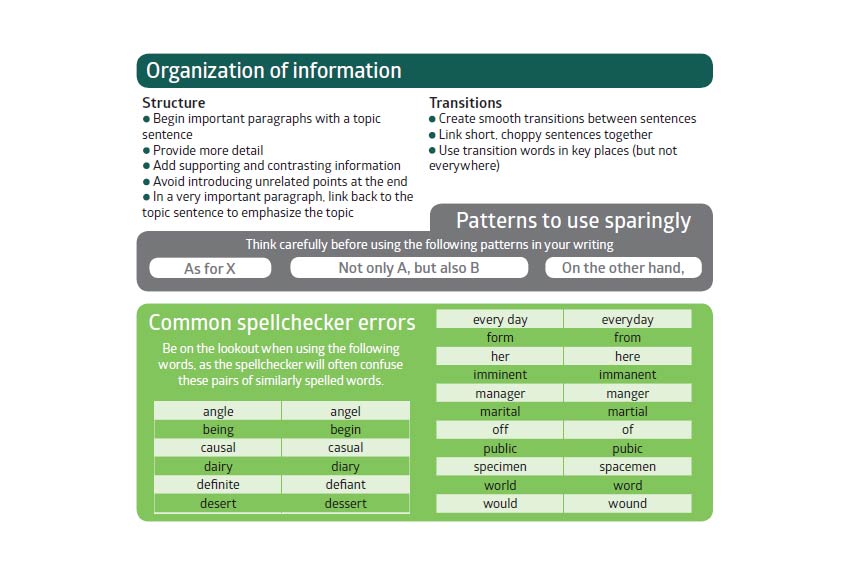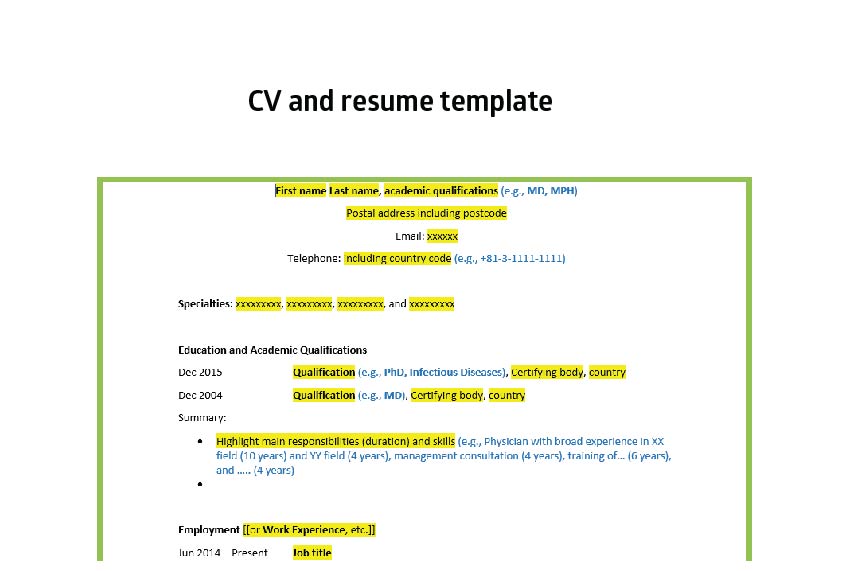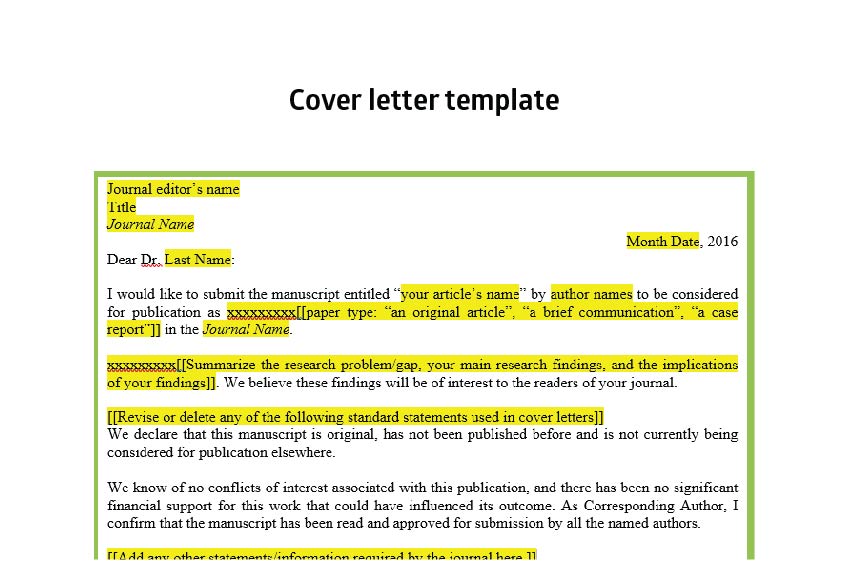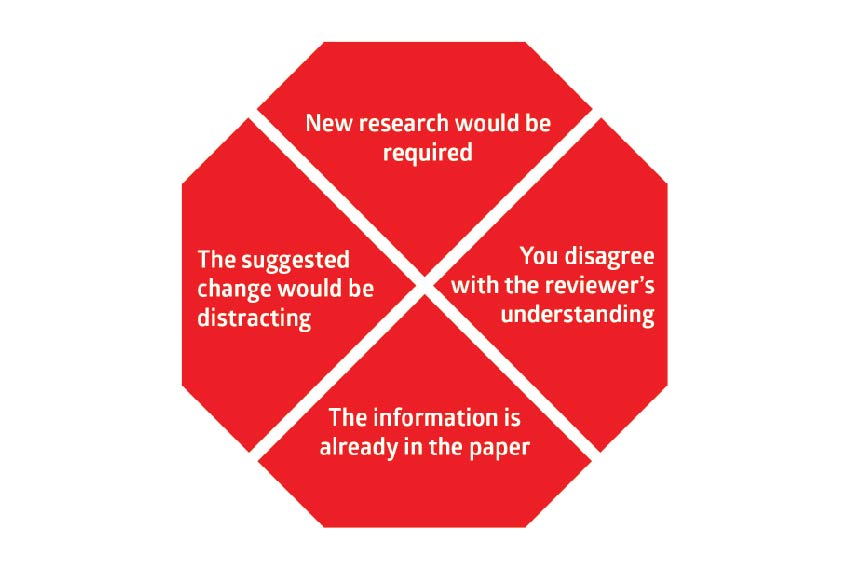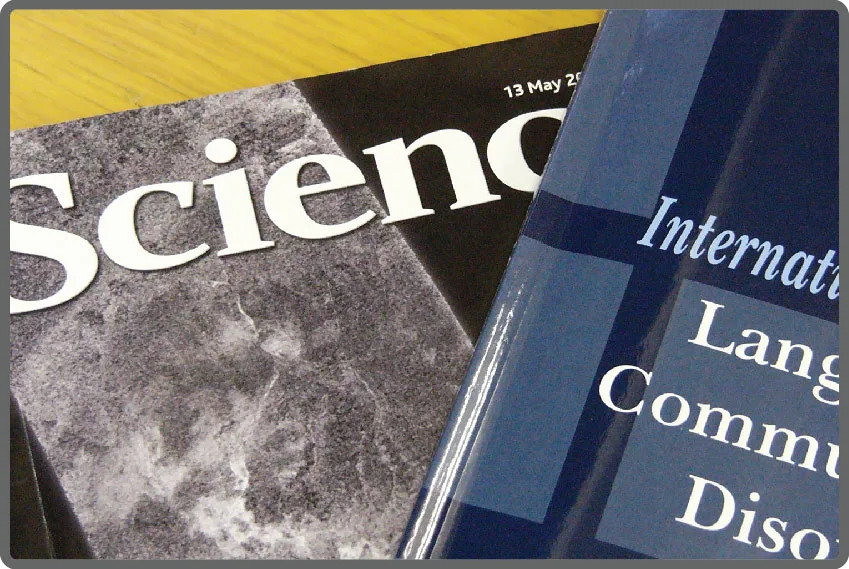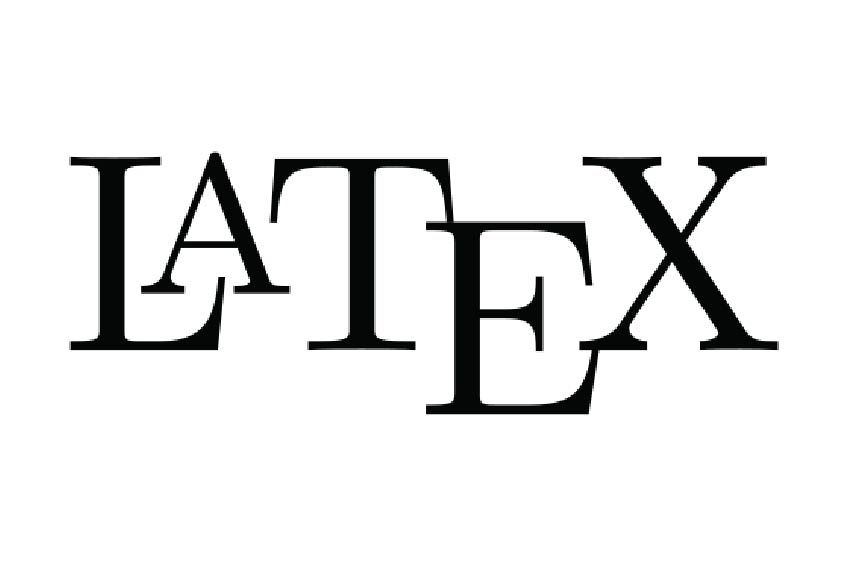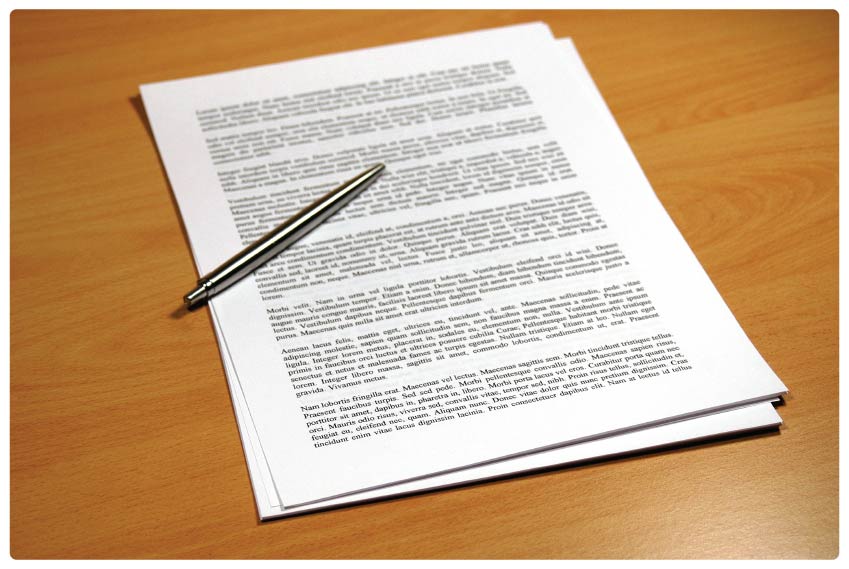- Tel: +81-3-5541-4400 (Monday–Friday, 09:30–18:00)
- Tel: +81-3-5541-4400
(Monday–Friday, 09:30–18:00)
Resources about writing
Latest resource
Everything you need to know about proof checks
High-quality editing and translation may require some communication between the author and the editor or translation team (translator + editor). When the authors read the first edit or translation of their manuscript, they may want their editor or translator to look again at some specific parts of the text. This will be done during another cycle of checking and revising the text, known as a “proof check”. Not all authors will need a proof check, but some who make changes...
Other resources
How to write an effective abstract: Tips and conventions to follow
As researchers, it is critical for us to master how to summarize our work in a clear, concise, and accurate manner. This applies not only to how we describe our research when speaking with others, but also to how we summarize it for readers in research papers and other documents...
Hyped up? A look at promotional language in scientific and medical writing
When you think of scientific and medical writing, what words come to mind? Perhaps, “objective,” “informative,” “dispassionate,” “clinical,” or “neutral”? But what words did you use when writing your latest grant application or paper? Did you describe your research as “novel,” “important,” or even “groundbreaking”?
2 key questions to ask when publishing outside your native language
Nowadays, English is the primary language of academic publishing for many topics of international interest. Nevertheless, English is not the preferred language for some topics (e.g., French is still an important language for mathematical analysis, and Russian-language articles on cybersecurity are sometimes at the forefront of research), and many national and regional journals and conferences publish articles in languages other than English. Because of this, all researchers may want to publish outside of their native language at some time in their careers.
5 strategies for writing simply: Focusing on ideas first
In school, native and non-native speakers of English are encouraged to use more "sophisticated" written English to reflect their growing proficiency in the language. However, using simpler English can help us to clearly express complex ideas and arguments in our research, which helps our specialist readers at various levels of English proficiency to understand. Learn some tips for making your writing simpler without sacrificing understanding of your ideas.
Writing naturally in English: Strategies for authors writing in a second language
A big challenge for authors writing in a second language is that the writing can still lack the feel of a native speaker's even when the grammar is correct and the meaning is understandable. In this month's article, we describe some specific strategies to help make your English writing sound more natural.
Do's and don'ts of writing an effective CV/resume for international positions
Among the documents needed when applying for international positions, the curriculum vitae (CV) or resume/résumé is usually the first document read during the screening process. This article offers some tips and a template for preparing effective CVs for mid-to-advanced career specialists.
Writing effective cover letters for journal submissions: Tips and a Word template
To help you write effective cover letters—and to write them quickly and easily—in this article we offer some tips on layout and appropriate wording. Also, you can download our template cover letter (Word file) to help you save time writing and help you remember to include standard author statements and other information commonly required by journals.
Declining to make changes suggested by reviewers: Some common phrases and strategies
Responding to the suggestions made by reviewers is an important part of the peer review process. However, sometimes we might disagree with some of the suggestions made. In this month's feature article, we provide some phrases and strategies to use if you decide not to make a suggested change to your research paper.
How to write authoritatively in your field from the outset
Specialists recognize authoritative writing in their field of study and respond well to it, continuing to read on. In this article, we'll give some quick tips on how to write with authority in your particular field, whatever stage you may be at in your research career. How many of the tips do you know and already follow when you're writing?
Writing in LaTeX: 5 bad habits to avoid
Most authors write their research papers in Microsoft Word, but some write in LaTeX, a template system for typesetting documents. LaTeX produces beautifully formatted documents and has a number of advantages over Word. However, because authors receive little formal training in LaTeX, they often learn bad habits. In this article, we describe these bad habits and show you what to do instead. Try our free e-learning mini course that gives a brief overview of the system and some commonly used codes.
English writing myths: 4 rules you don't have to follow
Everyone aspires to write well and to help others write well, but unfortunately some people persist in applying certain stylistic "rules" to English writing even when the best writers ignore them and style guides advise against using them. These stylistic "rules" are not actually rules but "myths". In this article, we introduce 4 common English writing myths that you don't have to follow in your writing!
10 tips for writing an effective introduction to original research papers
In our writing workshops, participants often say that they find writing the introduction to their papers difficult. This is not surprising because the introduction serves multiple purposes and is an extremely important part of the paper. In this article, we present 10 tips for writing an effective introduction that will capture the attention of readers and reviewers.

